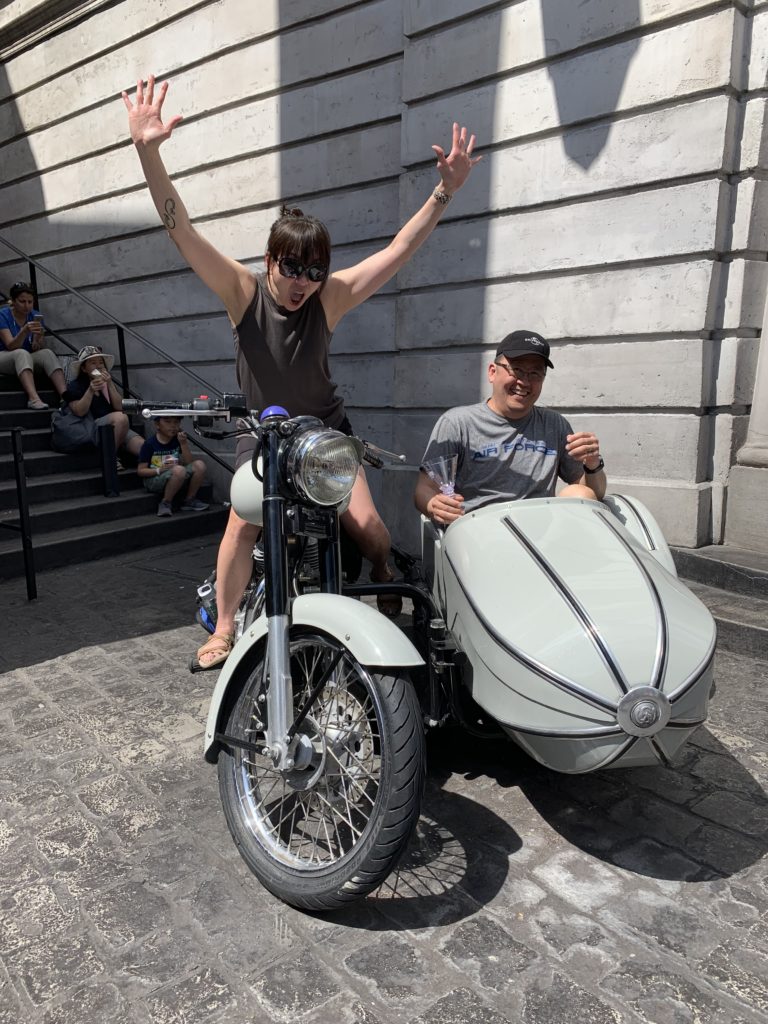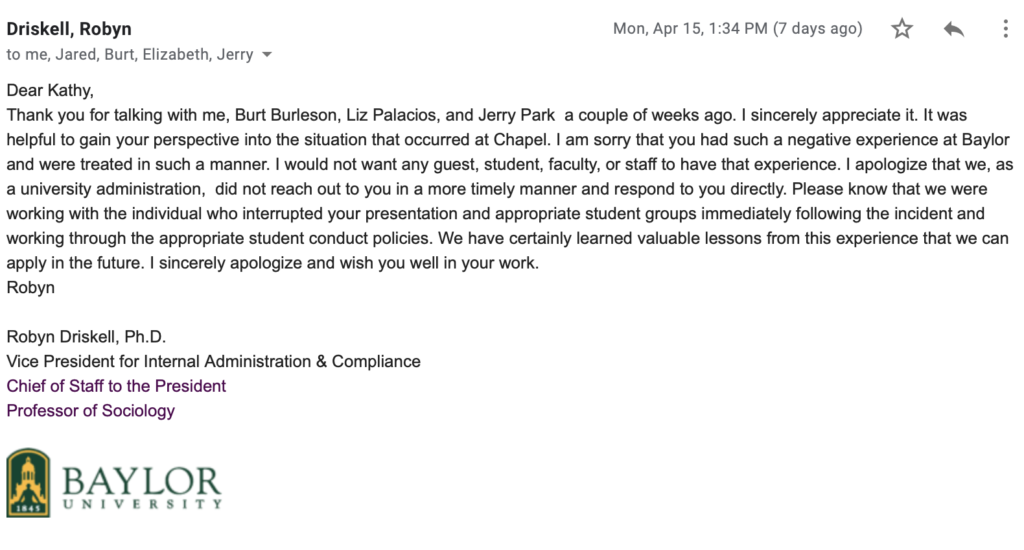Today was supposed to be senior prom for #Eliyasss #BabyDreamBig. He was planning on wearing the same suit he wore last year with a bow tie and socks to match his date’s dress and maybe new Vans. Maybe. Why break in a new pair when you don’t have to?
Today was supposed to be filled with a trip to the florist to pick up a lovely nosegay – a fancy word for “expensive bouquet of flowers that the date holds for photos but promptly leaves on a table at the venue.” A last-minute check to iron the shirt and make sure the tie and socks match. Lots of texts about where the photos would be taken and who was actually going to be at which after-party.
Today was supposed to be a chance for the kids to dress up like fancy adults with none of the responsibilities and a chance for the parents to see their babies on the cusp of adulthood. Fancy hair, bad spray tans, high heels they can’t walk in. Scratchy rented tuxes with equally uncomfortable rented shoes (and that is why we bought both of our sons suits for prom). For some it’s just prom. For others it’s a warm-up for a future wedding (if you know, you know). More digital photos than anyone will ever actually print of every combination of friends you can imagine and can’t imagine. AP Bio. Lunch. Coding Cats. Discord group. The boys. The girls. The nosegays that will get tossed to the side. Each couple. Those three couples. That couple with the third wheel. The group that did that thing that one year. Freshman year lunch, second semester. Sometimes reluctant photos with parents and/or siblings. And for my son and some of his friends a photo at the red doors of their elementary school.
Today is now just like any day and by that I mean the days that are bleeding into each other with very little differentiation because four out of five of us are not essential workers. Today is cloudy, cold and rainy, which would’ve caused problems with plans for outdoor photos and some consternation for the girls and their mothers over makeup, hair, strapless dresses, and strappy sandals.
Today is just Saturday, the Saturday that would’ve been Elias’s senior prom. The night the Supper Club – our group of friends, most of whom have a senior boy “graduating” this year – would’ve sent the kids off to prom and then gathered for dinner, drinks, old and new memories. Three of the couples? We will be empty nesters. We are assuming we will be empty nesters come fall. Tonight was supposed to be a night where we talk about how we can’t believe the boys are graduating and headed off to Drake, Purdue, and the University of Illinois. Today was supposed to be a chance for the parents, for me, to collectively process this new, again, season of parenting.
I asked Elias if he wanted to dress up in his suit and at least pose for some funny photos, even offering to take photos of him and his date socially distanced, but getting into a suit is neither funny nor fun without the community of friends to share in the moment. I get that. I’m trying to get that. I’m trying to let him decide what he wants and needs as he is the high school senior in the house while I am also trying to figure out what I’m feeling that is different than when I sent off the older two kids to their “lasts”…
I do not know how to name the grief and joy and pride of sending my youngest off to college when we are all making this up as we go along. I am trying to be grateful to have all five of us sheltering in place with a warm home and too much food while giving myself permission to be sad because it wasn’t supposed to be this way. #RunMySon is supposed to be at college stressing and enjoying the end of his junior year. #FlyMySweet is supposed to be in Brooklyn dancing and with stretch therapy and Thai bodywork clients. Peter is supposed to be with his students and patients. I am supposed to have space to be sad and remember and dream without feeling guilty for not being grateful for this unexpected family time.
I do not know how to name it right now except to say it’s ok to sit in the in between and not jump from grief to acceptance. It’s ok to be sad and not see the silver lining right now. It’s ok to wish it wasn’t this way and sit with that for a bit. It’s ok. Even if it’s not ok. It’s ok that today was supposed to be something else.



